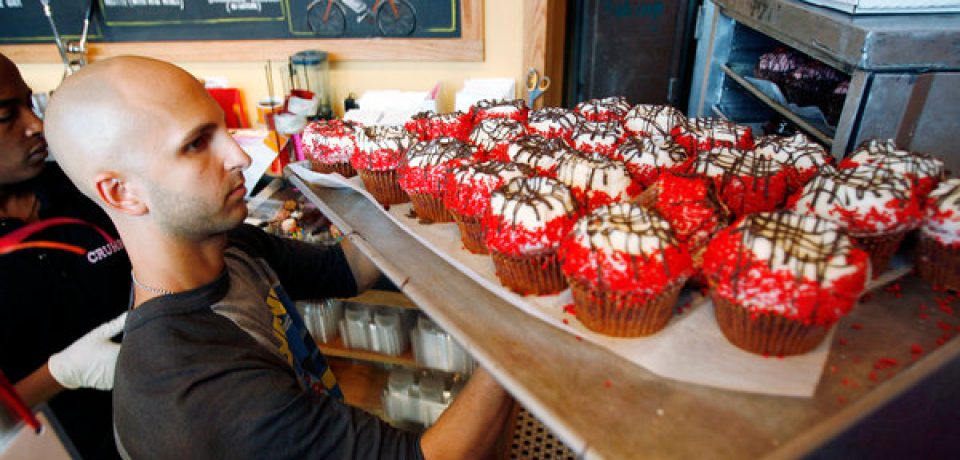The first birthday cake is supposed to have been in the Middle Ages in Germany. Kinderfest was the name given to the children’s birthdays celebration in Germany. Cakes developed from a gritty, bread-like food into a much sweeter form known as birthday cakes. Birthday cakes were more ornate in the 17th century, with elements such as frosting, tiers, and embellishments such as flowers. However, because of the high cost of the ingredients, these cakes were only available to the privileged upper class. Groceries and baked products were available and consequently more inexpensive in the 18th century. As a result, cake costs plummeted while the number of cakes made grew dramatically.
Due to the components required to prepare the cake, these birthday cakes were available to the lower classes after the industrial revolution. Birthday cakes were established as part of birthday festivities in Western European nations in the mid-nineteenth century due to ancient Roman culture. Birthday cakes became a ritual, and candles on the cake followed. Several ideas exist to explain the origin and meaning of the candle-blowing ceremony. According to the Greek origin tale, the habit of putting candles on birthday cakes dates back to the ancient Greeks. On the sixth day of each lunar month, the early Greeks lit candles to commemorate the birth of the goddess Artemis.

We hope that more people adopt this custom since it is the birthday when you have to make them feel special, and the least you can do to make someone feel special is to make them feel unique. Persuade him to cut such a cake, an old ceremony that practicing for ages. People would undoubtedly consider this a must-do for birthdays, which is why you and I have cut cakes, made wishes, and blown out candles on our birthdays from childhood, hoping that all of our desires would come true, and we find ourselves in a lovely year ahead of us. That is the allure of a birthday.
So many amusing and unusual beliefs have aided us in making our birthdays memorable. Do you believe the structure of the birthday celebration will change over time based on our degree of comfort?

